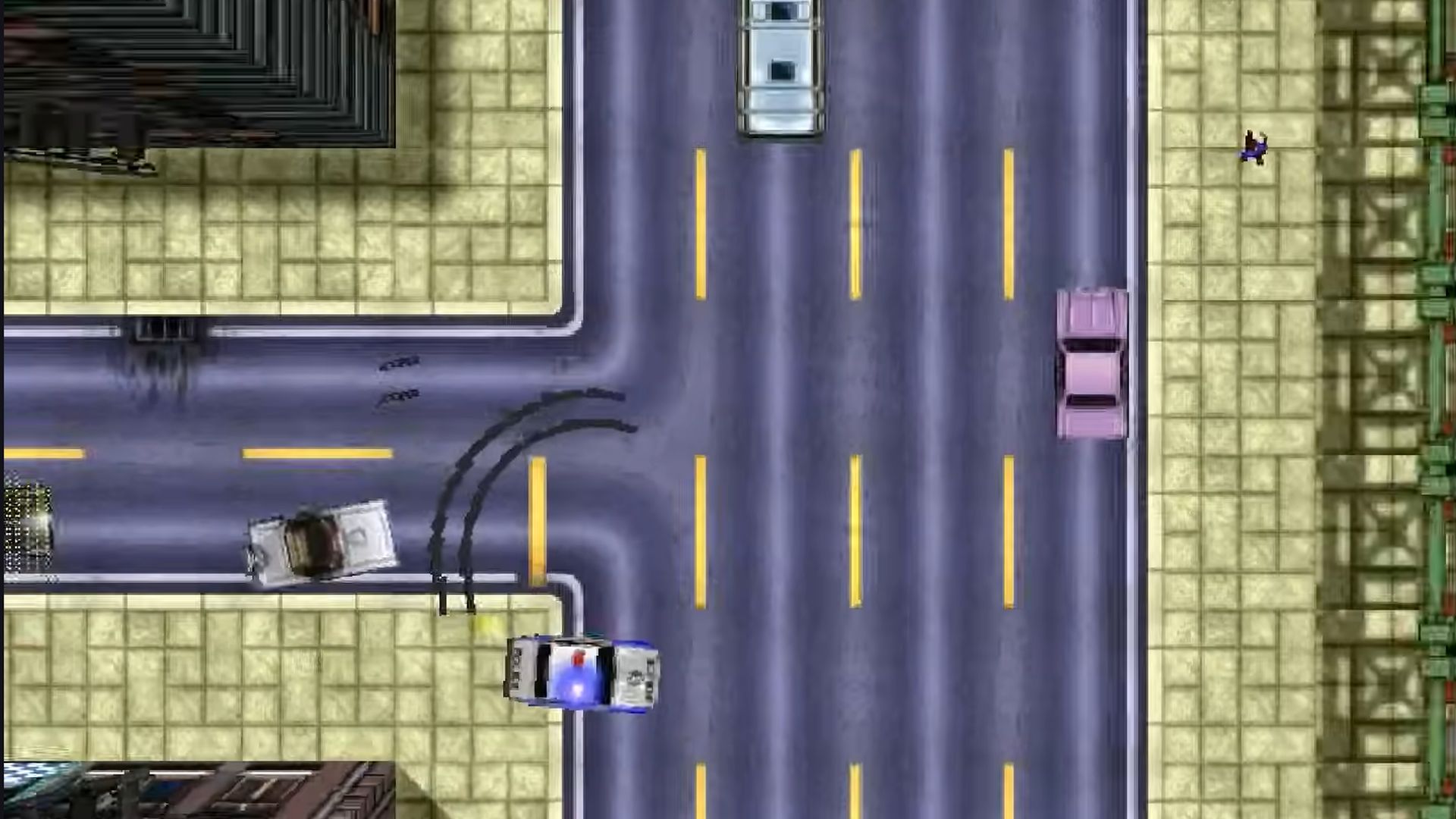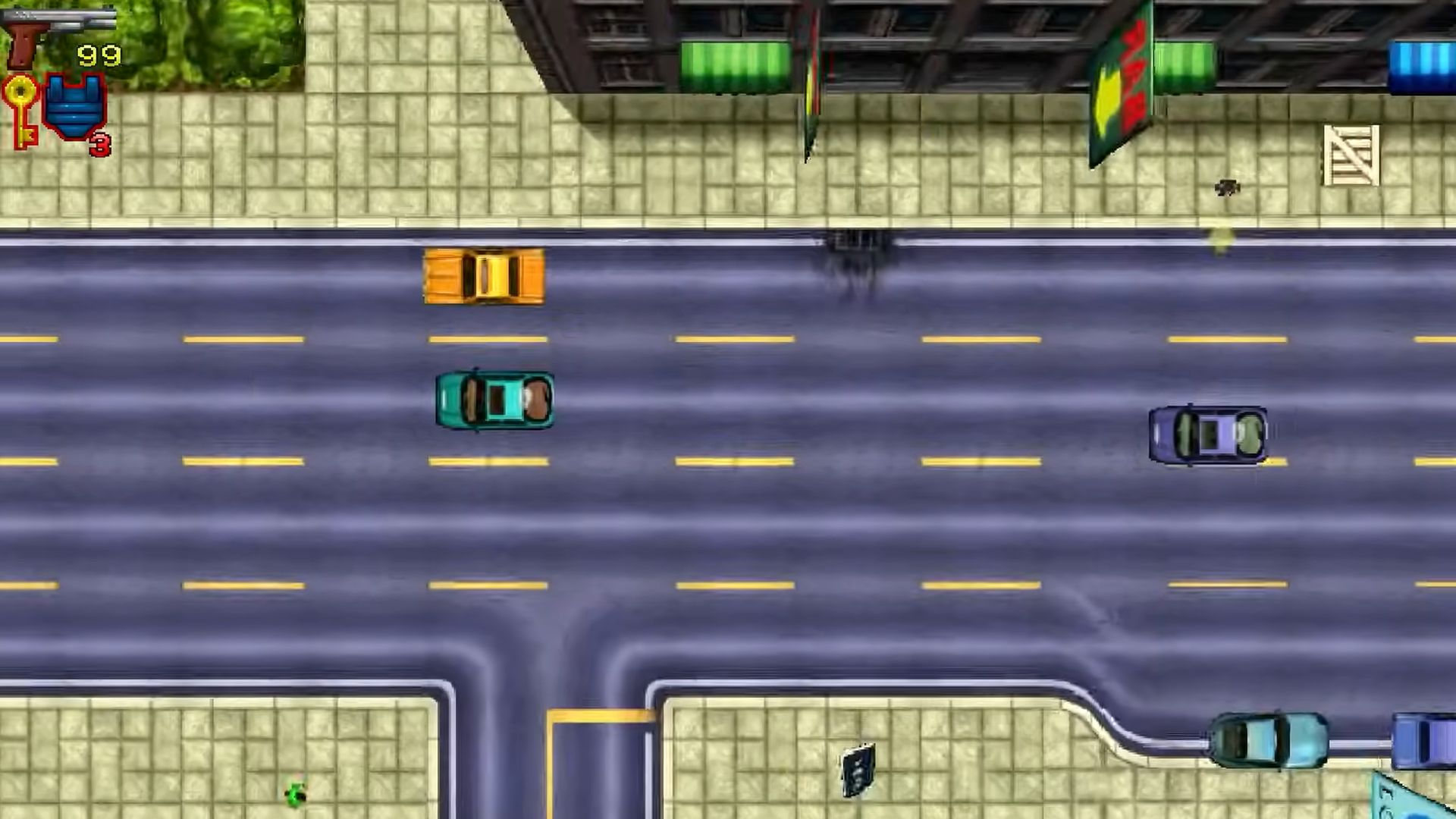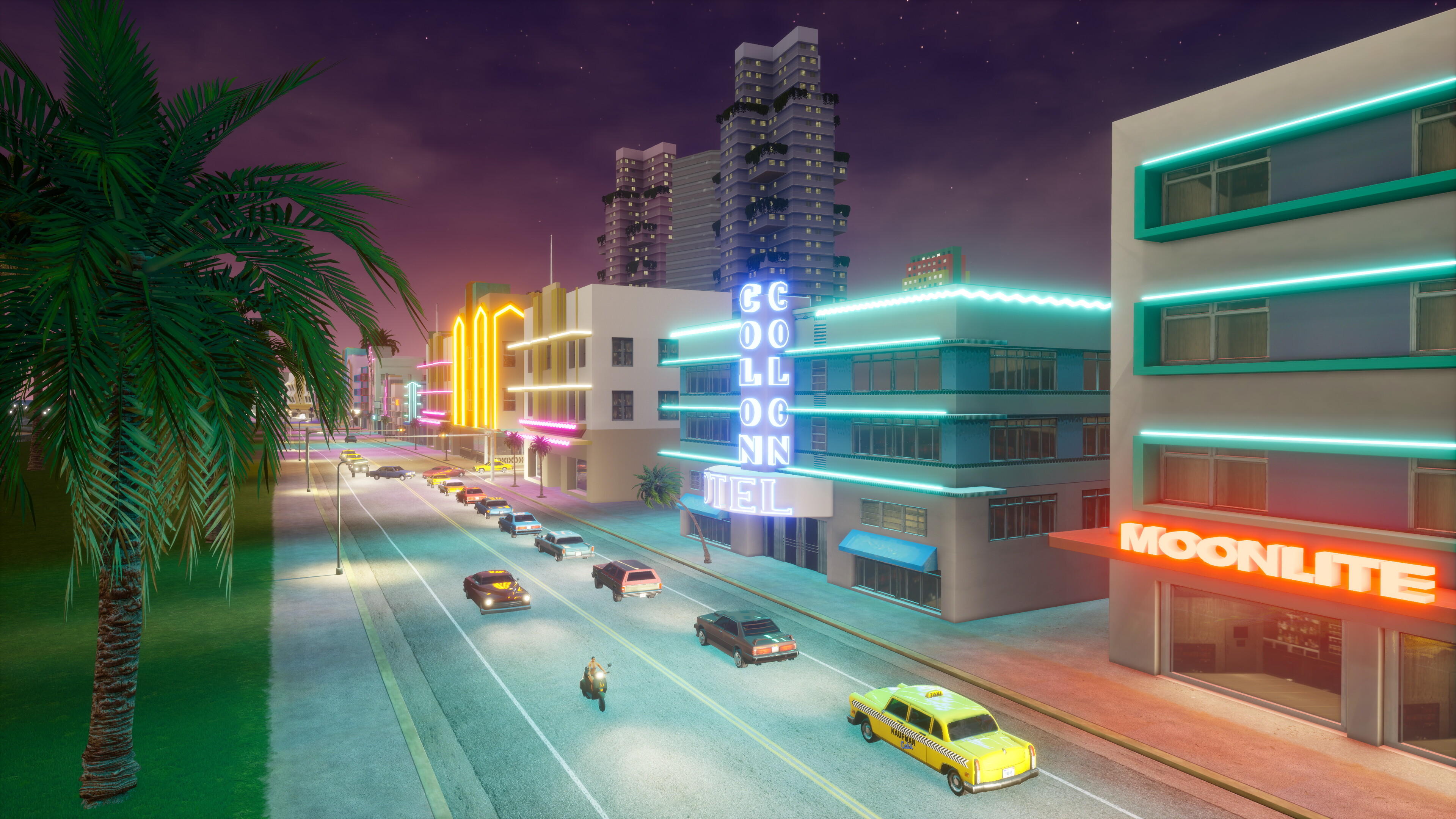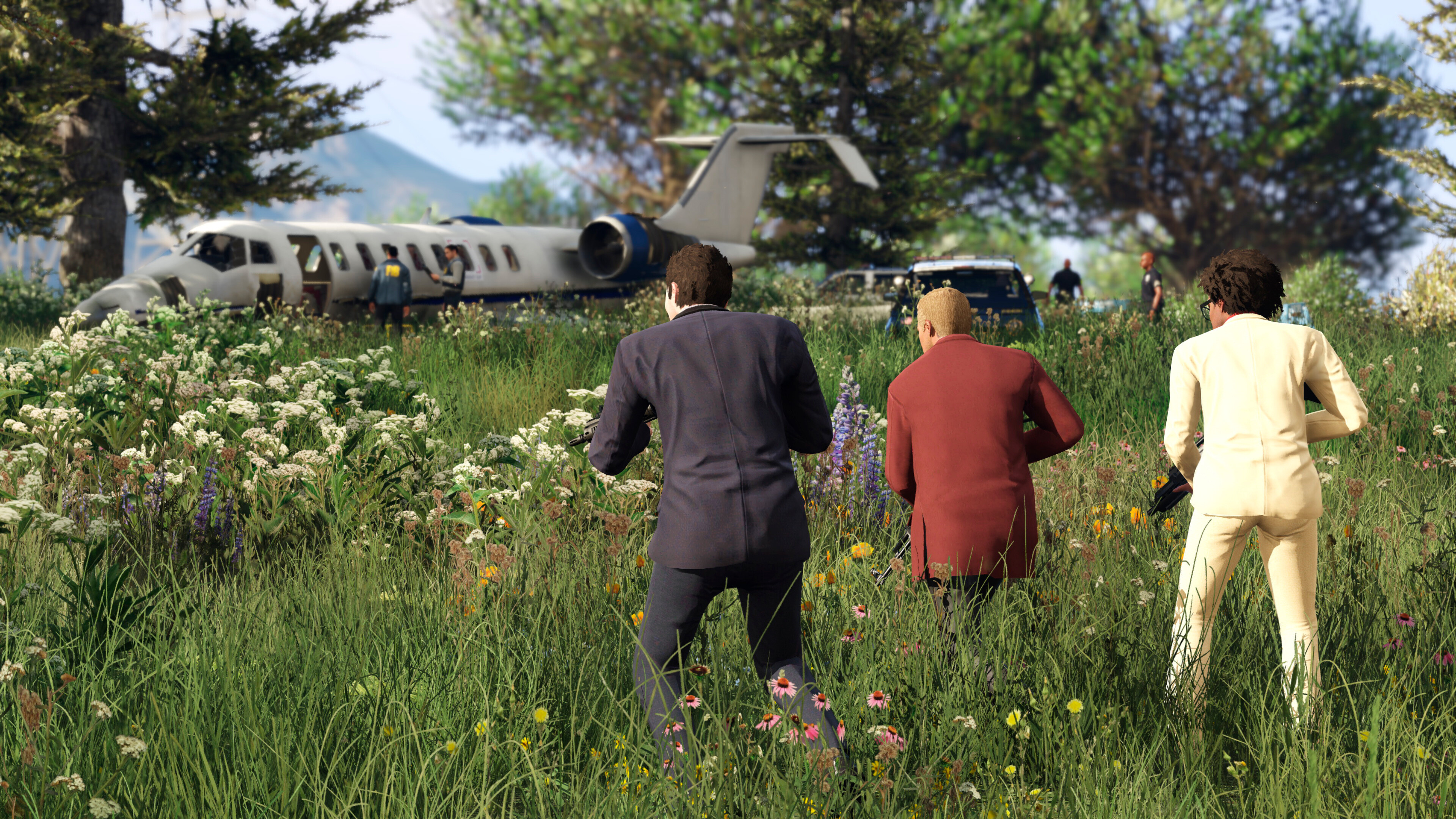If the original Grand Theft Auto came out today, we’d call it a roguelike
Since the very beginning, permanent loss has been baked into the GTA experience.
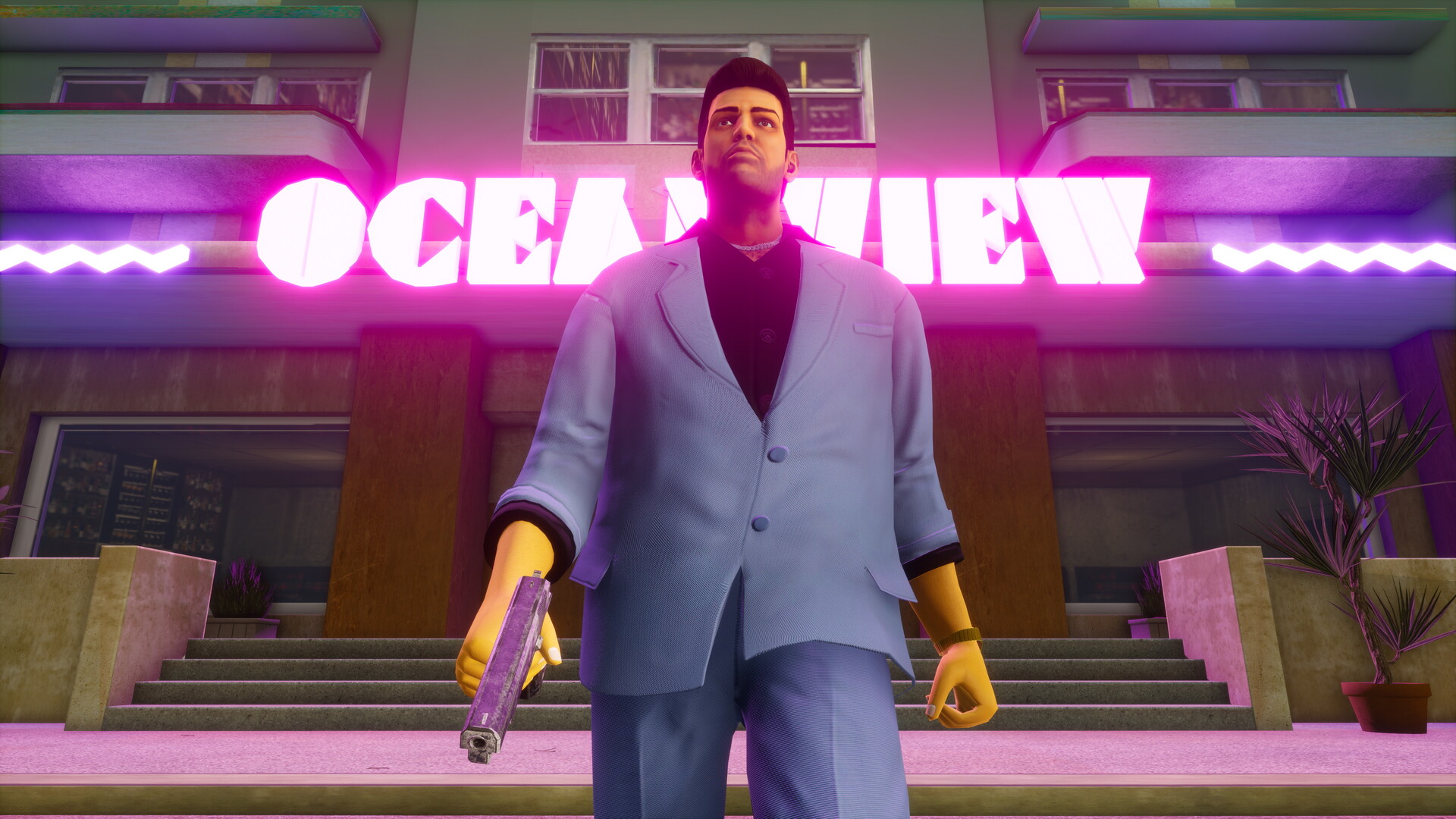
Keep up to date with the most important stories and the best deals, as picked by the PC Gamer team.
You are now subscribed
Your newsletter sign-up was successful
Want to add more newsletters?

Every Friday
GamesRadar+
Your weekly update on everything you could ever want to know about the games you already love, games we know you're going to love in the near future, and tales from the communities that surround them.

Every Thursday
GTA 6 O'clock
Our special GTA 6 newsletter, with breaking news, insider info, and rumor analysis from the award-winning GTA 6 O'clock experts.

Every Friday
Knowledge
From the creators of Edge: A weekly videogame industry newsletter with analysis from expert writers, guidance from professionals, and insight into what's on the horizon.

Every Thursday
The Setup
Hardware nerds unite, sign up to our free tech newsletter for a weekly digest of the hottest new tech, the latest gadgets on the test bench, and much more.

Every Wednesday
Switch 2 Spotlight
Sign up to our new Switch 2 newsletter, where we bring you the latest talking points on Nintendo's new console each week, bring you up to date on the news, and recommend what games to play.

Every Saturday
The Watchlist
Subscribe for a weekly digest of the movie and TV news that matters, direct to your inbox. From first-look trailers, interviews, reviews and explainers, we've got you covered.

Once a month
SFX
Get sneak previews, exclusive competitions and details of special events each month!
"Knowledge was my main game, to figure out the law, to figure out the frame," rapped Robert De Negro in Joyride, the winningly goofy GTA title rap. "Just when I thought I knew justice, a cop behind me said, 'You've just been busted.'"
I thought I knew the original Grand Theft Auto. That I had The Knowledge, like a London cabbie, and could find my way through Liberty City's maze of bridge-connected islands. Most of all, I thought I knew what it meant to be Busted—thrown on the ground by a blue-jacketed patrolman in the midst of a mission and booted to the nearest police station, with the admonishments of some gangster overlord ringing in my ear.
As it turns out, despite many a 2D joyride in my early teens, I understood little of how DMA Design's game actually works. How it could be mastered, and what going to jail really costs you in the most brutal GTA ever made.
Let me take you aside, like a local wiseguy, and explain the rules of this town. From the moment you step onto the streets, you're on the hook for every mistake you're about to make. There are no saves here, and no reloads. Five deaths and you're out—unless you can bag an extra life from a Kill Frenzy, the incredibly high-risk predecessor to the Rampage. The most likely outcome of being handed a flamethrower and 60 seconds to run up a bunch of points is that your sprite ends up covered in little yellow and orange pixels, burning to a crisp before your eyes.
Fail a mission, and it stays failed. Afterwards, you'd better hope there's still a phone ringing somewhere in the city, because jobs are your primary way of building a score multiplier. And racking up millions of points, through mission rewards and murders, is the only way to beat a level and advance to the next. Short of a cheat code, of course. The original GTA is a '90s artifact through and through, and its dev team were evidently inspired by the arcades they'd grown up with—leveraging the structure of a scorechaser to grant players freedom in the way they approached its open world.
By today's definitions, however, Grand Theft Auto is absolutely a roguelike. Its punishing permadeath mechanics teach hard lessons, and as your understanding grows—as you figure out the law, figure out the frame—you develop a personal set of rules for survival. Most are about preparation: memorising the locations of multiplier pickups on the map, and grabbing them up early to maximise point gains; keeping a PDF map handy so that you can find the next bridge and know where your nearest spray shop is; never starting a mission with cops on your tail.
Its punishing permadeath mechanics teach hard lessons.
Some of my selfset rules, however, are more idiosyncratic. Never attempting to run over a policeman in reverse, for example. You'll only miss, and they'll throw you out of your seat faster than a rodeo bull. If you must engage them in combat, meanwhile, you're best walking backwards while you fire. That way you'll have valuable extra seconds to steer the hail of bullets into the path of the oncoming officer.
Keep up to date with the most important stories and the best deals, as picked by the PC Gamer team.
These are tools for coping with GTA's cruelest aspect: arrests. They happen immediately on physical contact with any cop. And every time you're busted, your multiplier total is halved. Which means, if you've racked up a x12 point modifier, you're suddenly on a x6—looking at a couple more hours of risk-taking on your remaining lives, rather than another 20 minutes. As a result, the most valuable pickup in all of GTA is the Get Outta Jail Free Card, which grants you one instance of clemency while, somewhere, the Monopoly Man twirls his moustache.
You can argue that this framework isn't best suited to a knockabout criminality sim. While Grand Theft Auto's speeding vehicles and roster of rocket-propelled weapons encourage recklessness, its underlying structure enforces caution and brings a terrible weight to the consequences of any screw-up. The threat of failure is undeniably tense, but it's not exactly what you'd call joyriding.
It's harder to argue with the influence of this initial setup on the direction of GTA down the years. If you've ever raged against the loss of your weapons in a pre-HD Rockstar game, then you've felt the ripples of design decisions first made in the mid '90s. Every player's relationship with Vice City was shaped by the need to remember where free guns and armour could be acquired after a setback. And lest we forget, GTA Online has a system for banking earned cash at an ATM machine, while looking over your shoulder for any player who might mug you. Exactly the kind of tension DMA baked into the series in the beginning.
Those same ATMs in GTA Online are completely undermined by online banking you can access from your in-game phone—a concession that suggests Rockstar and its players aren't always on the same page when it comes to having progress snatched away. Over time, however, the developer has doubled down on the frisson of giving us something to lose—particularly with cargo sales which send out a global alert to every player on a server. The more rivals there are in the area, the more cash you stand to gain—but the higher the risk of losing it all to some chancer on a flying bike.
Today, heists are perhaps the greatest expression of that sweaty pressure first seen in the '90s. It would be notable if GTA Online's centrepiece raids demanded that one player pulled off a series of feats in vehicle handling, shooting and underwater navigation with minimal mistakes. Instead, they demand the same of four players—all operating together in an unbroken sequence over multiple mission stages, while sharing a tiny pool of lives. In the midst of a prison break, a couple of slip-ups can easily cost you an hour.
In this way, modern-day GTA somehow captures more of 1997's spirit than the series has in most of the intervening decades. Rockstar still leans on our shrieking frustrations and painful, permanent losses—all to create moments of exquisite triumph. We're not criminals out there in Los Santos. We're rogues.
Jeremy Peel is an award-nominated freelance journalist who has been writing and editing for PC Gamer over the past several years. His greatest success during that period was a pandemic article called "Every type of Fall Guy, classified", which kept the lights on at PCG for at least a week. He’s rested on his laurels ever since, indulging his love for ultra-deep, story-driven simulations by submitting monthly interviews with the designers behind Fallout, Dishonored and Deus Ex. He's also written columns on the likes of Jalopy, the ramshackle car game. You can find him on Patreon as The Peel Perspective.
You must confirm your public display name before commenting
Please logout and then login again, you will then be prompted to enter your display name.
